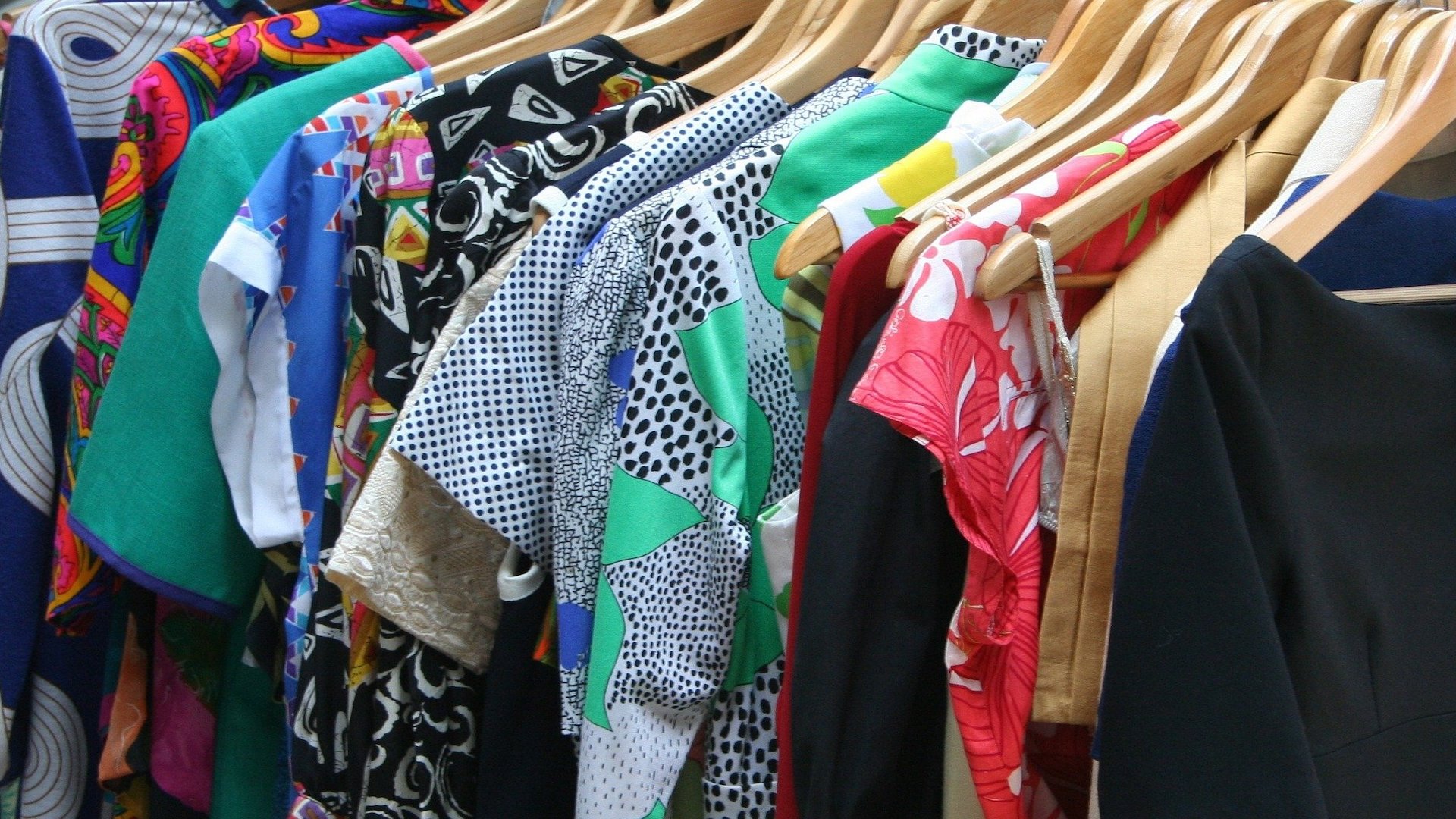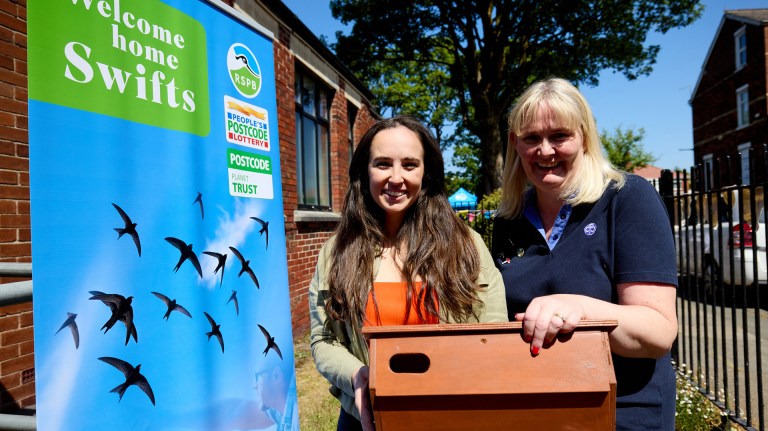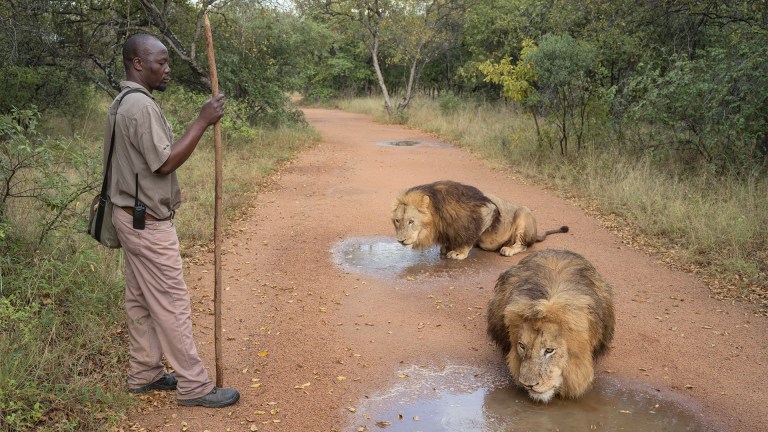The UK Government has put forward a set of new measures to crack down on waste across the fashion industry and keep the country on track to help reverse the climate crisis.
Fast fashion retailers could face having to increase the recycled materials used to make their clothes as well as being hit with minimum standards for how long clothes last.
The consultation proposes setting requirements for manufacturers to extend the lifetime of the things they produce, such as by providing spare parts and ensuring products are made to be repaired rather than thrown away.
“Major retailers and fashion brands have made strides in reducing their environmental footprint but there is more we must do,” said Rebecca Pow, environment minister, adding that the Government would incentivise recycling and encourage better design to ensure products last long-term.
“We are firmly committed to ending the ‘throwaway’ culture as we build back greener,” she said.
Lockdowns have taken income away from hundreds of Big Issue sellers. Support The Big Issue and our vendors by signing up for a subscription.










